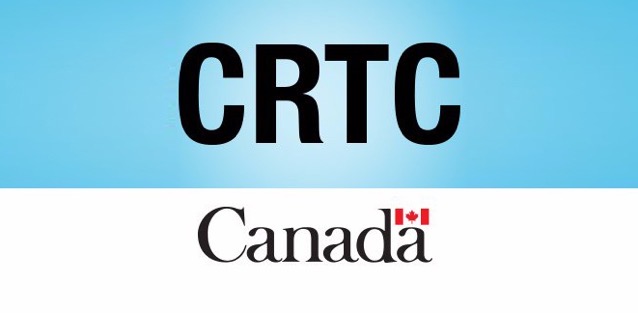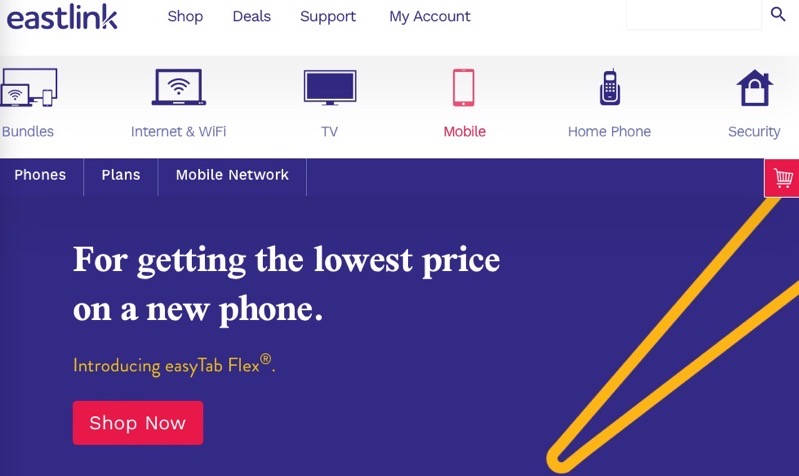
CRTC’s Reduced Wholesale Internet Rates Won’t Drive Down Consumer Bills, Say ISPs

The Canadian Radio-Television and Telecommunications Commission (CRTC)’s recently implemented reductions in wholesale internet rates paid by independent internet service providers (ISPs) to larger incumbents for access to their networks won’t lower the end user’s internet bill, according to the smaller players — reports The Globe and Mail.
Earlier this month, the CRTC launched a public consultation focused on increasing competition in Canada’s internet market and lowering prices. At the same time, the regulator lowered select wholesale internet rates by 10%, effective immediately.
However, the discount only applies to costs associated with renting capacity on incumbents’ networks, known as traffic-sensitive components. These only make up a small portion of what independent ISPs have to pay incumbents and are therefore unlikely to have any material impact on their monthly costs or, by extension, consumers’ internet bills.
In comparison, the additional network access fees operators pay per customer make up a much larger portion of their operating costs.
In a March 17 letter to the CRTC, Telus said that on average, traffic-sensitive costs represent less than 20% of a total bill. Extrapolating from there, reducing these rates by 10% would only lower the overall bill by roughly 2%.
Following the CRTC’s announcement of reduced wholesale internet rates, independent ISP TekSavvy said that while welcome, the change is “not material and therefore won’t lead to lower customer bills.”
Colin Legendre, CEO of Mississauga-based independent ISP Coextro, said that the share of traffic-sensitive costs is closer to 16% for his company, so the CRTC’s decision only nets Coextro a 1.6% discount — an amount he called “a rounding error.”
“It seems a little odd to make a big flashy announcement that ends up meaning nothing,” said Mr. Legendre. “We’re getting flooded with phone calls with customers asking if they’re going to get 10 per cent off their bill. We would almost rather not have had this, because it’s such a small amount but has created a storm.”
ISPs are also wary of prematurely lowering internet prices for their customers after what happened the last time the CRTC lowered wholesale internet rates.
The regulator decreased wholesale rates by about 45% back in 2019, with smaller ISPs passing those savings along to their customers. However, the CRTC reversed its decision in 2021 and hiked wholesale rates back up to 2016 levels, leading to ISPs having to increase consumer internet prices.
In a statement, the CRTC acknowledged that the overall discount for ISPs from its recent decision could be lower than 10%, but added that it could further reduce rates as the consultation progresses.
“This reduction is a first step in the right direction and in our analysis, and will provide competitors with some relief where data usage is variable and growing,” said a CRTC spokesperson.
Last month, the federal government issued a new policy direction to the CRTC, instructing it to focus on wireless/internet affordability, competition, and consumer rights. The watchdog is also under new leadership, with Vicky Eatrides taking over as chair and CEO of the CRTC from Ian Scott in January.
In addition to lowering wholesale internet rates, the Eatrides-led CRTC is also considering mandating that incumbents offer smaller players access to their fibre networks at regulated prices — much to the formers’ chagrin.

